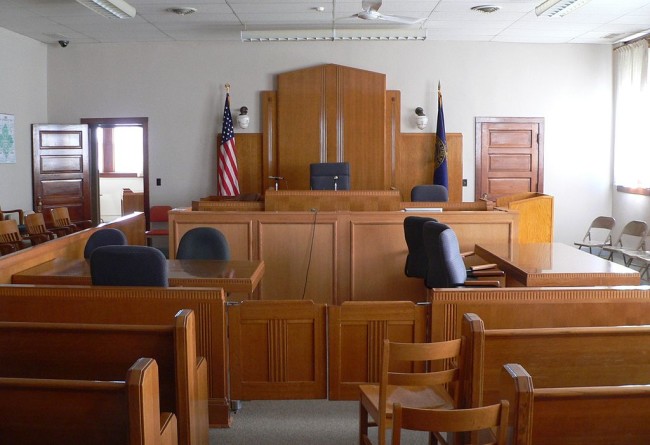 I’ve found that mock trials embody critical thinking in the classroom. I wrote a number of cases which proved to be effective tools for improving student analytic skills. I developed fictional yet, realistic fact patterns which provide ample “fodder” for solid direct and cross examinations. They needed to be built around compelling social issues that transcended the evidence and put people’s values to the test. I used these trials in completely homogenous classrooms. Ironically in this setting, students who had formerly been considered “at-risk,” often outperformed their “AP peers.”
I’ve found that mock trials embody critical thinking in the classroom. I wrote a number of cases which proved to be effective tools for improving student analytic skills. I developed fictional yet, realistic fact patterns which provide ample “fodder” for solid direct and cross examinations. They needed to be built around compelling social issues that transcended the evidence and put people’s values to the test. I used these trials in completely homogenous classrooms. Ironically in this setting, students who had formerly been considered “at-risk,” often outperformed their “AP peers.”
Students prepared their roles and questioning as attorney or witness from the fact patterns. Cases were argued before real judges and juries made up of adults from the community. After they reached a verdict, the juries returned to the classroom to debrief the students on their interpretation of the evidence and presentation of the cases. Years later, former students I encounter still fondly remember the excitement and accomplishment they felt as part of the trial. Link to Trials
Judging from my webstats and emails, these trials continue to be used in classrooms across the globe. My favorite email:
“Dear Mr Pappas,
You asked on your site for people to let you know how the trials turned out, so here I am! I am teaching English as a foreign language here in China, and needed something a bit different for a conversation class. Nothing I was coming up with was working, when my Director of Studies (who is American) pointed me in the direction of Mock Trials, which I confess to never having heard of. I admit to being skeptical, but gave it a bash with the Donna Osborn case, and as the judge ended up going in favour of the prosecution due to the way they argued – which goes against everything I thought about it! Today I am trying the rape case, so wish me luck. Basically, I wanted to say thanks, you helped a lot, and also gave me a whole new thing to think about in terms of lesson plans for the future.”
More frequently, I get late night emails from anxious students looking for advice on their closing arguments.
“Hi my name is … and I am in a Law 12 class in Prince George, British Columbia. I am the head of the crown prosecution for our mock trial. I was just wondering if I could get a few tips from you on what would be a good closing statement. I have brought up the points that
… The main point I have brought up is that under the Criminal Code of Canada … What would you recommend for a good closing statement?”
Or
“hey there, im a student and in law class we were doing the Brian Edwards case and i was on the crown…im wondering if you have any tips for me? Like pretty much any tips at all would help, we had our case basically won when we started but we werent as organized as I thought and i noticed the case on the internet…I guess we are done our case now but any tips or help for the closing statement would help alot because the closing statement is our only chance pretty much to try to prove he is guilty, we ended up running out of time so yeah! any tips on anything we could use for the closing statement? “
The flow of information in the Copy/ Paste World has moved from a top-down broadcast model – to a horizontal connection that is both personal and collaborative. It allows you to your own researcher, editor, and entertainment director. And it creates new digital communities – linking you to the people who share your interests.
Image credit Wikipedia Commons / Knox County Courthouse (Nebraska) courtroom
Like this:
Like Loading...
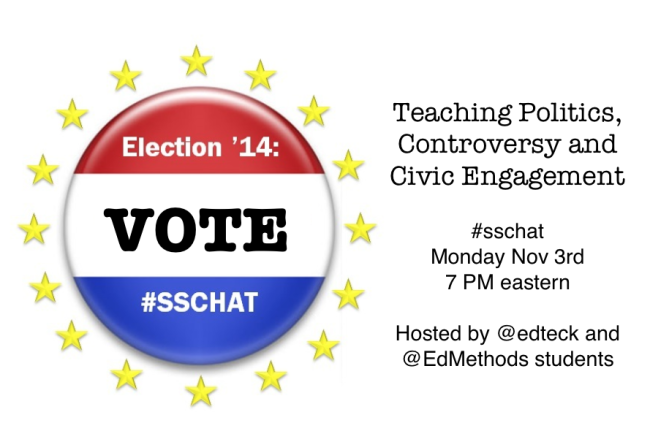 My @EdMethods students and I [@edteck] are proud to be guest hosts for Twitter #sschat on Monday November 3, 2014 from 7-8 PM (eastern). That night is election eve ’14 and our topic will be very timely – “Teaching Politics, Controversy and Civic Engagement.” Here’s our questions:
My @EdMethods students and I [@edteck] are proud to be guest hosts for Twitter #sschat on Monday November 3, 2014 from 7-8 PM (eastern). That night is election eve ’14 and our topic will be very timely – “Teaching Politics, Controversy and Civic Engagement.” Here’s our questions: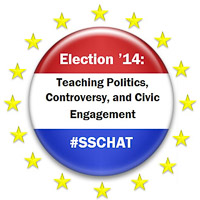


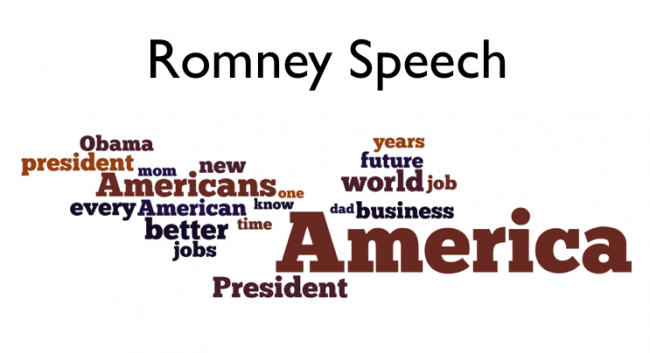
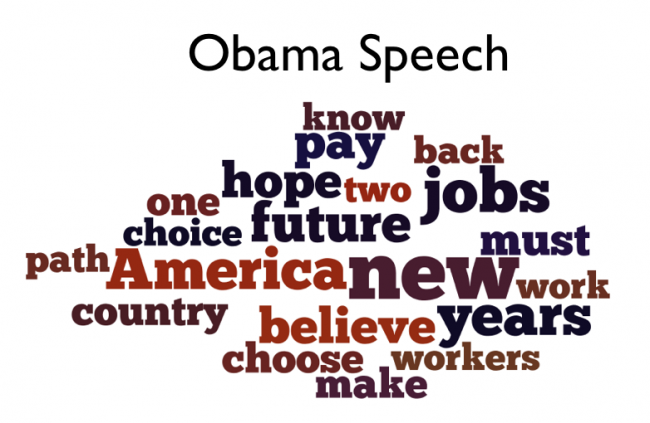



 I’ve found that mock trials embody critical thinking in the classroom. I wrote a number of cases which proved to be effective tools for improving student analytic skills. I developed fictional yet, realistic fact patterns which provide ample “fodder” for solid direct and cross examinations. They needed to be built around compelling social issues that transcended the evidence and put people’s values to the test. I used these trials in completely homogenous classrooms. Ironically in this setting, students who had formerly been considered “at-risk,” often outperformed their “AP peers.”
I’ve found that mock trials embody critical thinking in the classroom. I wrote a number of cases which proved to be effective tools for improving student analytic skills. I developed fictional yet, realistic fact patterns which provide ample “fodder” for solid direct and cross examinations. They needed to be built around compelling social issues that transcended the evidence and put people’s values to the test. I used these trials in completely homogenous classrooms. Ironically in this setting, students who had formerly been considered “at-risk,” often outperformed their “AP peers.”